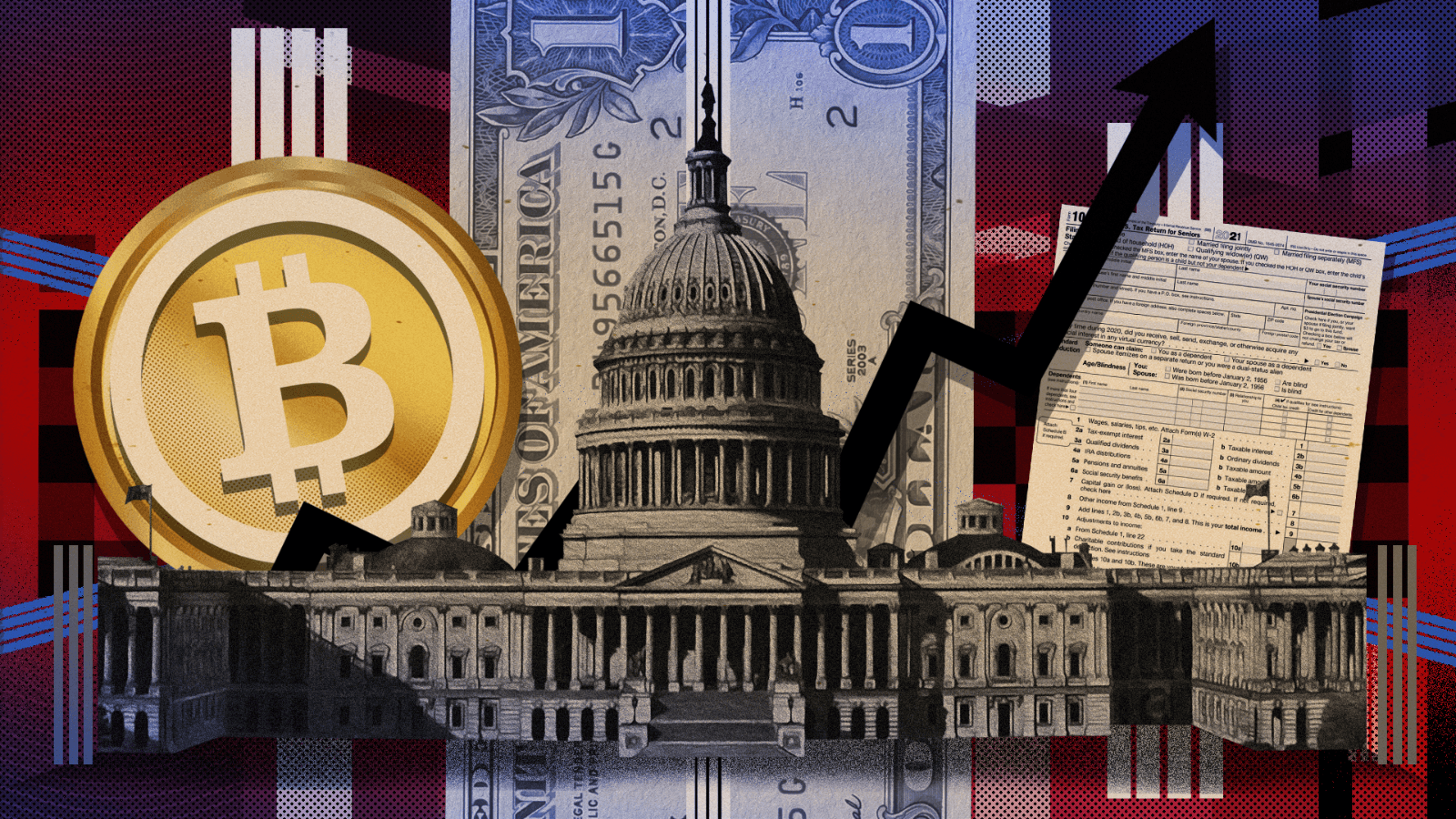Crypto Traders Beware: IRS Gets Greenlight on Brokerage Inquiry
The IRS will soon have information on all US taxpayers that conducted $20,000 or more in trades on SFOX between 2016 and 2021

Blockworks exclusive art by axel rangel
key takeaways
- IRS is after traders who may have concealed gains made via crypto brokerage SFOX
- A John Doe summons allows the IRS to collect information about unidentified taxpayers who may have evaded IRS payments
The IRS is hot on the trail of any deep-pocketed investors who dodged cryptocurrency taxes pertaining to brokerage transactions.
A federal judge Tuesday authorized the IRS to issue a John Doe summons — a tool used to collect information about unknown taxpayers — to institutional crypto broker SFOX Tuesday.
SFOX will have to hand over information about all customers who were US taxpayers and traded at least $20,000 in digital assets between 2016 and 2021.
The judge has found “reasonable basis for believing that individuals conducting at least $20,000 in cryptocurrency transactions may have failed to comply with federal tax laws,” the Department of Justice said in a statement.
The IRS has been keen to crack down on crypto transactions, which are typically treated like stocks and subject to capital gains tax, in recent years. The agency has been particularly focused on monitoring staking activity and the non-fungible token (NFT) market.
The IRS has sought and been awarded John Doe summons for other crypto businesses, including stablecoin USDC overseer Circle in April 2021 and crypto exchange Kraken one month later.
“The John Doe summons remains a highly valuable enforcement tool that the U.S. government will use again and again to catch tax cheats and this is yet one more example of that,” IRS Commissioner Chuck Rettig said in a statement. “I urge all taxpayers to come into compliance with their filing and reporting responsibilities and avoid compromising themselves in schemes that may ultimately go badly for them.”
It is up to the taxpayer to report their own gains to the IRS, but exchanges hold key know-your-customer and trading information that regulators want.
“Reporting is a huge problem right now, because exchanges are doing different things,” Shehan Chandrasekera, head of tax at Coin Tracker, told Blockworks ahead of the 2021 tax season. “If you take a look at centralized exchanges, they issue, I would say, four different types of tax forms, depending on how they interpret the existing tax codes, given the gray area, so people are very confused.”
Investors using decentralized exchanges or more than one exchange may have a particularly difficult time.
“Exchanges only have visibility into what’s happening inside that exchange,” Chandrasekera said. “But to figure out your taxes correctly, you need to connect all your wallets and exchanges and figure out that actual capital gain or loss.”
The IRS has not alleged any wrongdoing on SFOX’s part.
Get the news in your inbox. Explore Blockworks newsletters:
- The Breakdown: Decoding crypto and the markets. Daily.
- Empire: Crypto news and analysis to start your day.
- Forward Guidance: The intersection of crypto, macro and policy.
- 0xResearch: Alpha directly in your inbox.
- Lightspeed: All things Solana.
- The Drop: Apps, games, memes and more.
- Supply Shock: Bitcoin, bitcoin, bitcoin.





